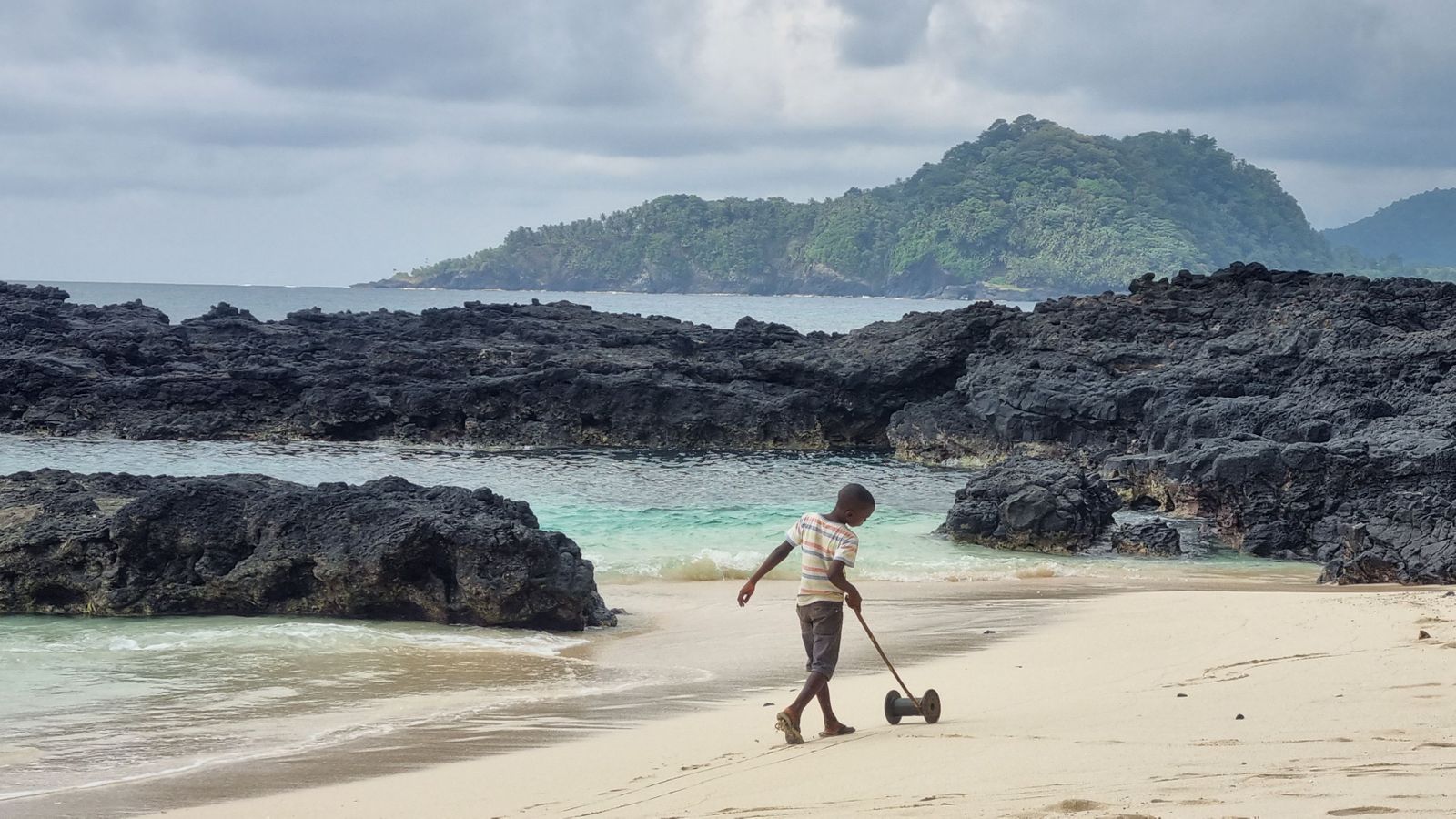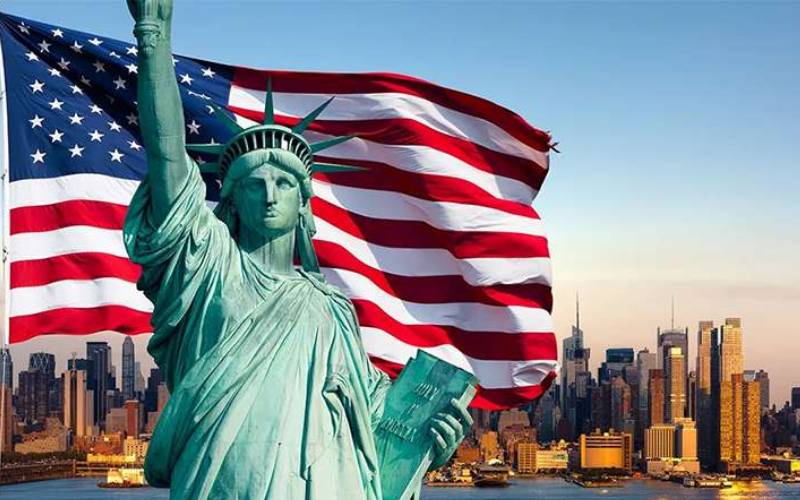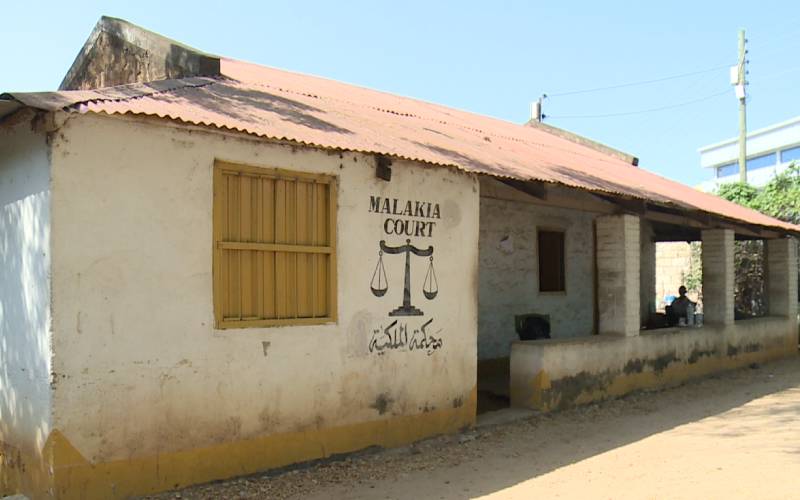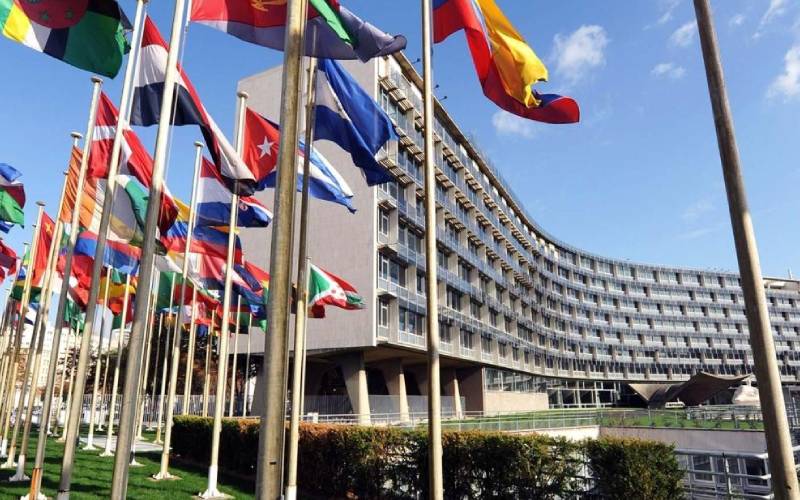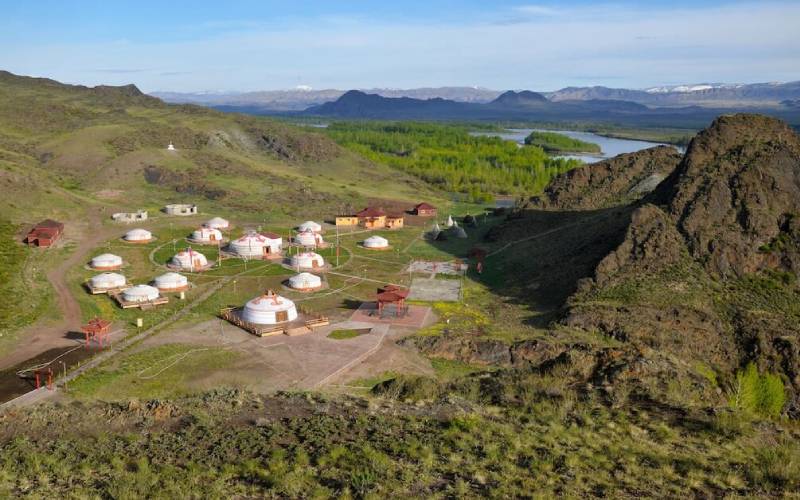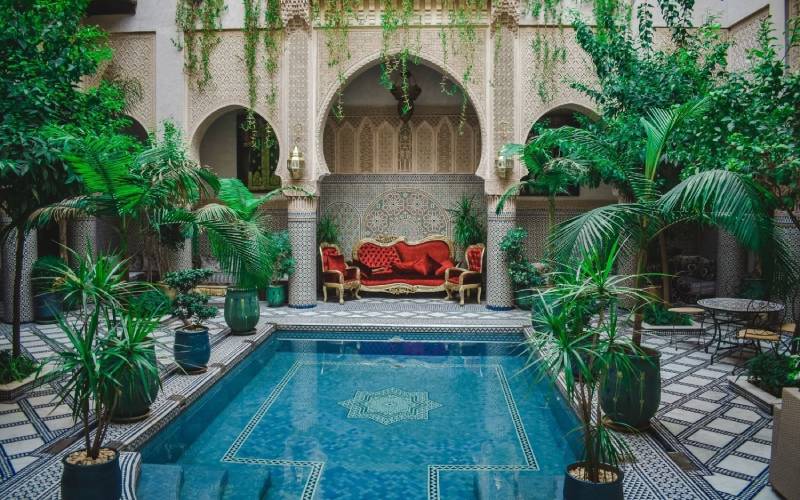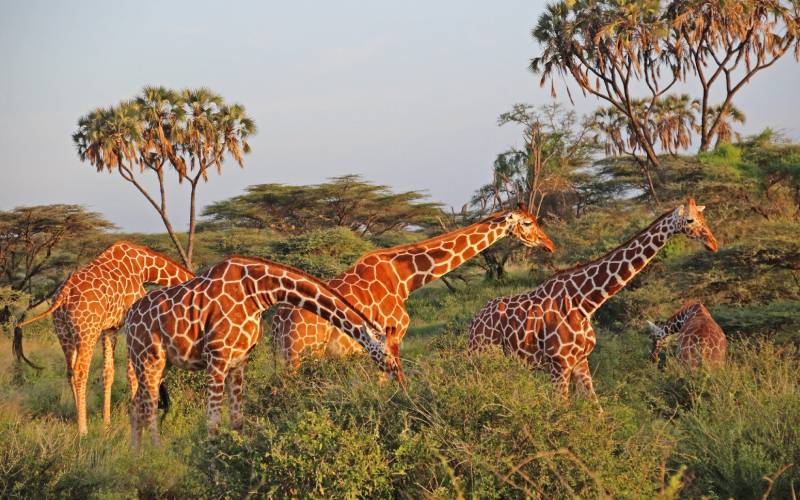By Wamaitha Nyoike
In the wide embrace of the Atlantic Ocean, just off the Western Equatorial Coast of Central Africa, lie two emerald isles forgotten by time and, until recently, the world. São Tomé and Príncipe, a former Portuguese colony, remains among the planet’s most secluded and underexplored destinations.
Rich in beauty, steep in history, and vibrant in culture, these islands offer an extraordinary kind of travel, one that invites stillness, discovery, and reconnection. This is not just a travel destination. It’s a hidden Eden.
The beauty of São Tomé and Príncipe is immediate and breathtaking. Volcanic in origin, the islands are draped in lush rainforest, misty mountains, and coastal cliffs that plunge dramatically into a sapphire sea. The dramatic Pico Cão Grande, a towering volcanic needle that rises straight from the jungle, is a natural monument that appears to belong on another planet.
Príncipe, the smaller of the two islands, is even more untouched. Designated a UNESCO Biosphere Reserve, it is home to unique wildlife and dense primary forests, where endemic birds flit through the canopy and giant butterflies glide above ancient trees. The surrounding waters are a coral reef teeming with marine life, making it a quiet haven for eco-tourists and divers alike.
For all their beauty, these islands remain largely unknown to the world. São Tomé and Príncipe were once among the world's top producers of cocoa and coffee under Portuguese rule. Their cocoa, grown in massive plantations known as roças, was so prized in the early 20th century. It was called "chocolate of the kings."
But after gaining independence in 1975, the islands receded from global view. Limited infrastructure, minimal investment, and geographic isolation left them off the maps of mass tourism. For years, the nation quietly endured political and economic struggles, even as its landscapes remained untouched and its culture resilient.
Today, however, that isolation is becoming its greatest strength. Wander through São Tomé, the capital of São Tomé and Príncipe, a sleepy town of colonial buildings, markets, and music. You will feel the slow rhythm of island life. It's not rushed. It's not curated. It’s real.
Explore the old roças, now partly reclaimed by nature, and you’ll find a haunting beauty. Some have been restored as guesthouses and museums. Others are quiet ruins, overgrown but alive with history. They tell stories of hardship, labour, and transformation woven into the island’s identity.
Culturally, São Tomé and Príncipe is a tapestry of African, Portuguese, and Creole influences. The people are welcoming and proud of their heritage, sharing it through food, music, and dance. Meals are an event: grilled fish with fruit salsas, spicy stews like Calulu, and rich desserts made from local cocoa.
The ecological wealth of the Islands is astonishing. You can snorkel in translucent waters, kayak through mangroves, hike in untouched forests, or watch sea turtles nest on quiet beaches. During the right season, you might witness humpback whales breaching offshore, undisturbed by crowds or noise.
Príncipe feels like a prehistoric island, an untouched cradle of biodiversity. Conservation is at the heart of its identity, with small eco-lodges like Bom Bom Island Resort and Roça Sundy offering natural, sustainable luxury.
São Tomé and Príncipe are not for tourists chasing flashy resorts or nonstop nightlife. They are for travellers seeking authenticity, beauty, and a reconnection with nature and culture.
In a world overflowing with overcrowded “paradises,” this is one that still feels sacred. You don’t just visit São Tomé and Príncipe, you become part of their quiet rhythm, their layered history, and their unfolding story.
In the race for experiences, São Tomé and Príncipe offer a pause, a chance to remember what travel can be when it’s not hurried, staged, or commercialised. It is not a forgotten place in the sense of loss, but in the sense of waiting for the right kind of attention, from the right traveller.
If you’re seeking something real, raw, and breathtaking, don’t just dream of distant shores. Go where the world has paused. Go where Eden still lives.
